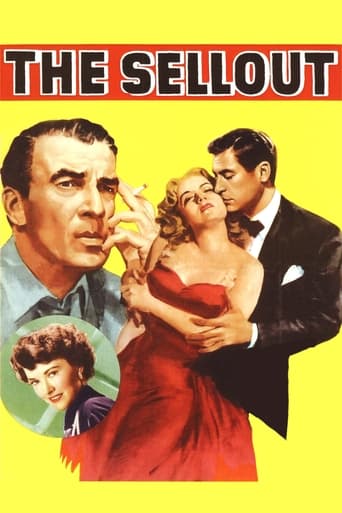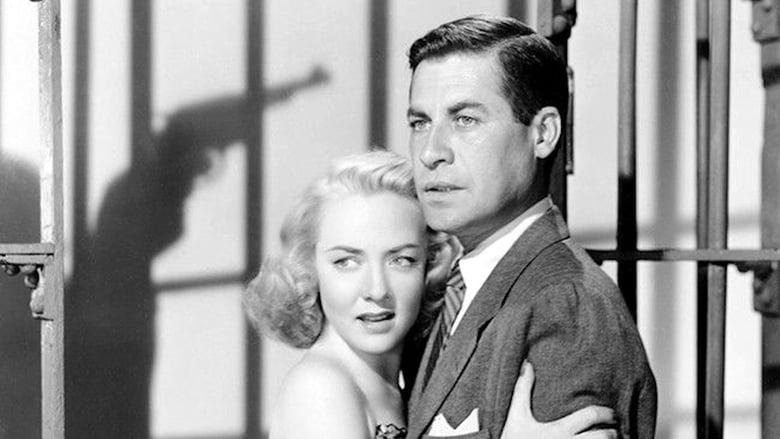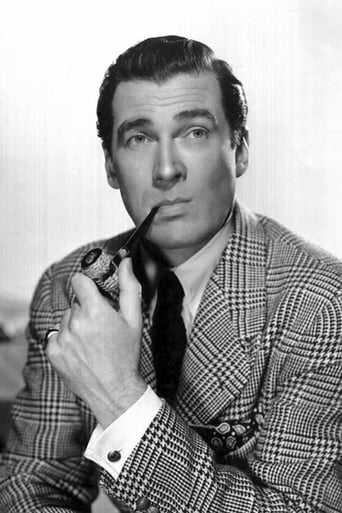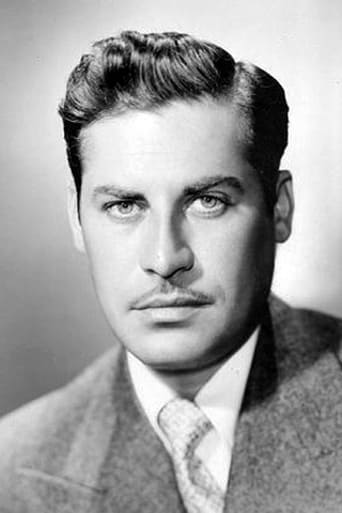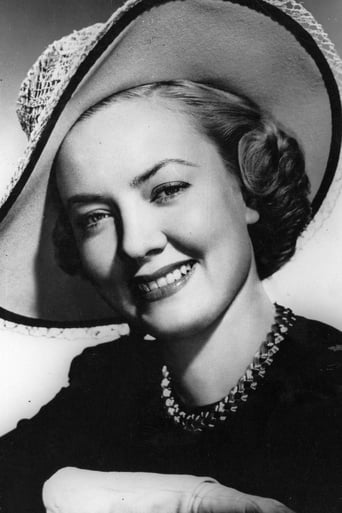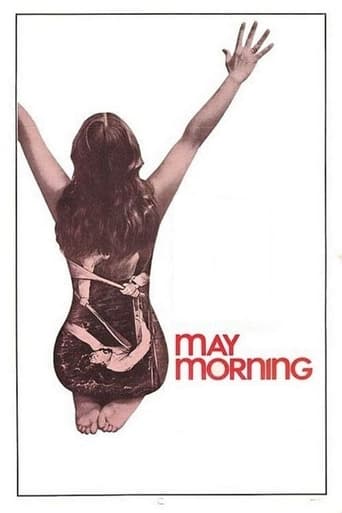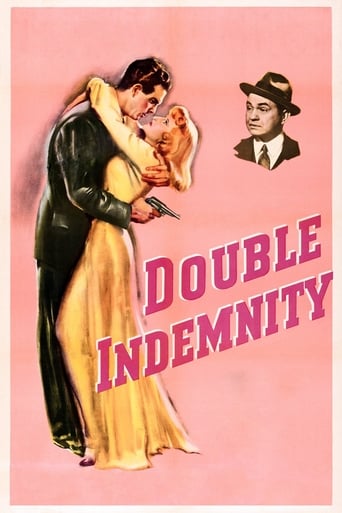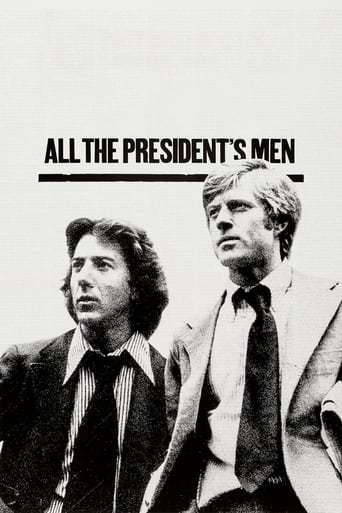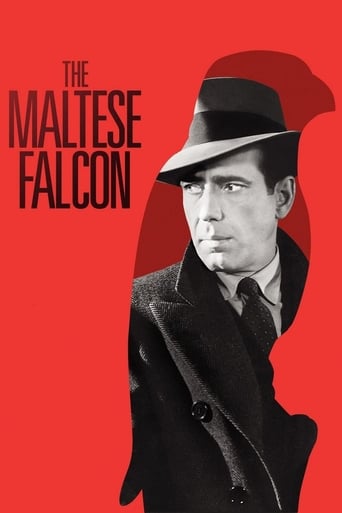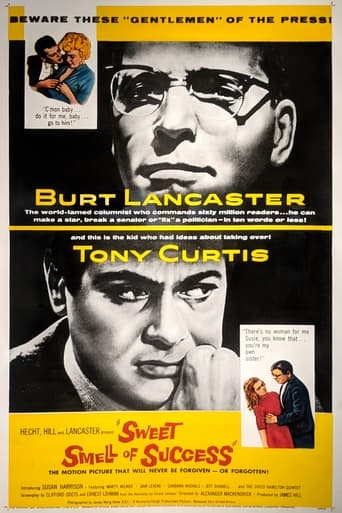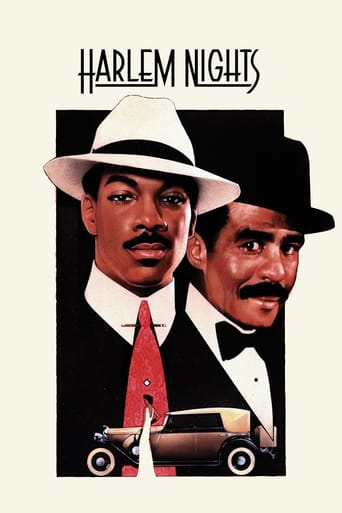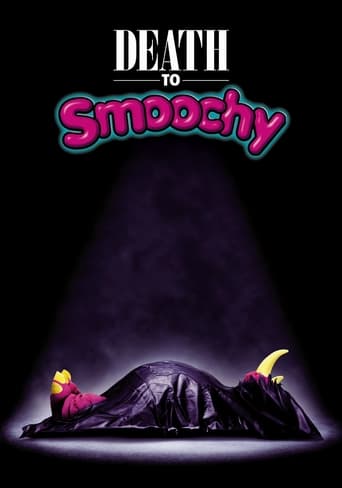The Sellout (1952)
A small-town newspaper editor risks everything to expose a corrupt sheriff.
Watch Trailer
Free Trial Channels
Cast


Similar titles
Reviews
Thanks for the memories!
The plot isn't so bad, but the pace of storytelling is too slow which makes people bored. Certain moments are so obvious and unnecessary for the main plot. I would've fast-forwarded those moments if it was an online streaming. The ending looks like implying a sequel, not sure if this movie will get one
There's a more than satisfactory amount of boom-boom in the movie's trim running time.
It is a whirlwind of delight --- attractive actors, stunning couture, spectacular sets and outrageous parties.
I disagree with the general trend of reviews for this film. I think it's a very strong film. However, it has the feel of a small film...but I think that's what was required here because it's a film about a very small town. Small town -- small film. That's a match.At first glance, it looks as if the plot is going to be pretty simple. Newspaper editor is arrested in a small hick town on false charges and will lead a crusade to clean up the town. Until he uncharacteristically steps back and decides to leave his town completely. Huh? Walter Pidgeon running away? Fortunately, someone takes up the crusade -- but not Pidgeon's son-in-law, a county prosecutor. Hmmmm. A family that has high ideals until they're put to the test? But someone has to lead the charge. So that falls to John Hodiak, a state prosecutor. And he faces a brick wall because everyone is afraid to testify against the small town thugs.Will the newspaper editor testify? And if not, why not? Today's audiences may not believe that there were places like this back before the 1960s. People did sometimes virtually disappear.Walter Pidgeon is quite good here as the newspaper editor; I wonder how he liked a film where for at least part of the time he appeared to be a coward. John Hodiak is very good as the state attorney. Thomas Gomez is good...and disgusting...as the crooked sheriff. Karl Malden is good as an honest cop.I don't find a lot here to criticize. The ending gets -- as a couple have already said -- a little preachy and too idealistic. And, I think they could have made more earlier in the film about the dilemma facing Walter Pidgeon.I liked it and recommend it.
John Hodiak plays a state attorney sent in to investigate corruption in a county that is dominated by a corrupt legal system at the head of which is the sheriff played by Thomas Gomez. Hodiak himself is about to resign his position with the state in order to go into private practice, but is sent to this county after a series of stories have appeared written by newspaper editor Walter Pidgeon, who was arrested in the county for a minor traffic violation and had to spend the night in the jail which houses many other prisoners who don't have enough money to pay their fines, and are used as a work detail (almost a chain gang). Hodiak's priorities are reestablished as he meets a detective on this case played by Karl Malden, who teams with Hodiak. As well he meets up with Audrey Totter, who plays a part as a pianist at a bar known as Amboys, where Gomez seems to go every day after work. With Malden on one side and Totter on the other, and a menacing Thomas Gomez (who could remind one of Orson Welles in Touch of Evil) Hodiak gets more committed to his mission to bring down Gomez and his group, which includes a judge played by Hugh Sanders, and his greasy attorney played by Everett Sloane. As a fifties crusade against organized crime film, The Sellout is not that great, but Gomez' part is right on. As well, Audrey Totter, even though many of her lines are questionable, manages to somehow overcome the script and make something good out the part.
1951, the Kefauver congressional committee on organized crime and corruption is making headlines, and MGM under new head Dore Schary is trying to make that famously big-budget studio relevant to news of the day. The trouble is that the so-called Tiffany of studios just doesn't have the same feel for gritty material as a Warner Bros. or an RKO. Too bad this film doesn't sustain the harrowing feel of the first 15 minutes, when prominent editor Allridge (Pidgeon) is brutalized after a minor traffic infraction by corrupt Sheriff Burke (Gomez). Allridge's ordeal has the feel of a "sudden nightmare" to it, as if he's been abruptly forced into a savage new world where the old civilized rules no longer apply. It's a backwater county run by the sheriff like a private fiefdom and a jailhouse where inmates rule once the cell door slams shut. I like the way we're shown the difficulties state prosecutor Johnson (Hodiak) encounters in trying to rid the county of Burke and his outlaw regime.Still and all, the longer the movie lasts, the more momentum it loses, ending with a final 20 minutes of plodding courtroom procedure. There's still some suspense in the air (why did Allridge skip town), but the initial energy has long since dissipated. At least part of the problem lies with uninspired direction that can't sustain the early sense of tension and evil. Too bad noir maestros like Phil Karlson or Anthony Mann weren't running the show. Those reviewers contrasting this film with Karlson's similar Phenix City Story are right on target. Nonetheless, the movie does have its moments, along with a vibrant turn from the under- rated Audrey Totter who never seemed to get the recognition her talent deserved.
The Sellout is a good B picture crime drama out of MGM using a solid heaping helping of their B picture contract players.Newspaper editor Walter Pigeon and a friend Whit Bissell get caught up in a speedtrap in the rural part of the county they reside in. Given the Code was in place in 1951, I'm sure they would have been brutalized far more graphically in the jail of Thomas Gomez the corrupt sheriff of the county. Still and all it's enough to fill Pigeon with a firm resolve to get Gomez. Even without the help of local prosecutor Cameron Mitchell who is Pigeon's son-in-law.But a crusading special prosecutor from the State Attorney General and an honest city cop played by John Hodiak and Karl Malden respectively get into the picture due to Pigeon's hard hitting articles. There's far more than a speedtrap involved. Then Pigeon's ardor suddenly cools.I think that anyone who's seen a lot of movies can figure the ending out from here. But these are a good group of some of the best players around. One other reviewer mentioned that Audrey Totter's role as a woman of easy virtue is left up in the air. I would guess the editors had more to do with it than anything else.Thomas Gomez delivers the best performance in the film. He's a viciously evil man and he drives his corrupt lawyer Everett Sloane crazy. Sloane tries very hard to fix things without violence or crudity. But Gomez just can't be controlled.It's a good film, very much like The Phoenix City Story that would come along a few years later.

